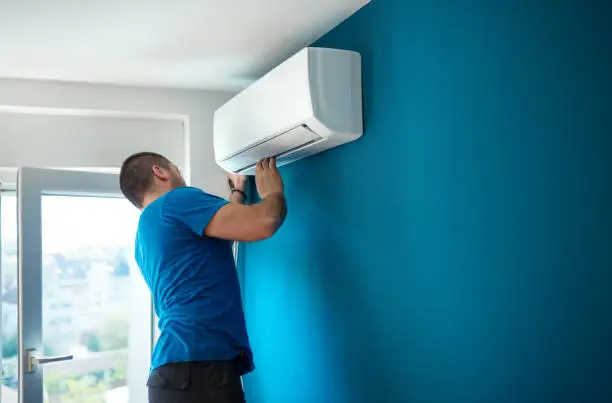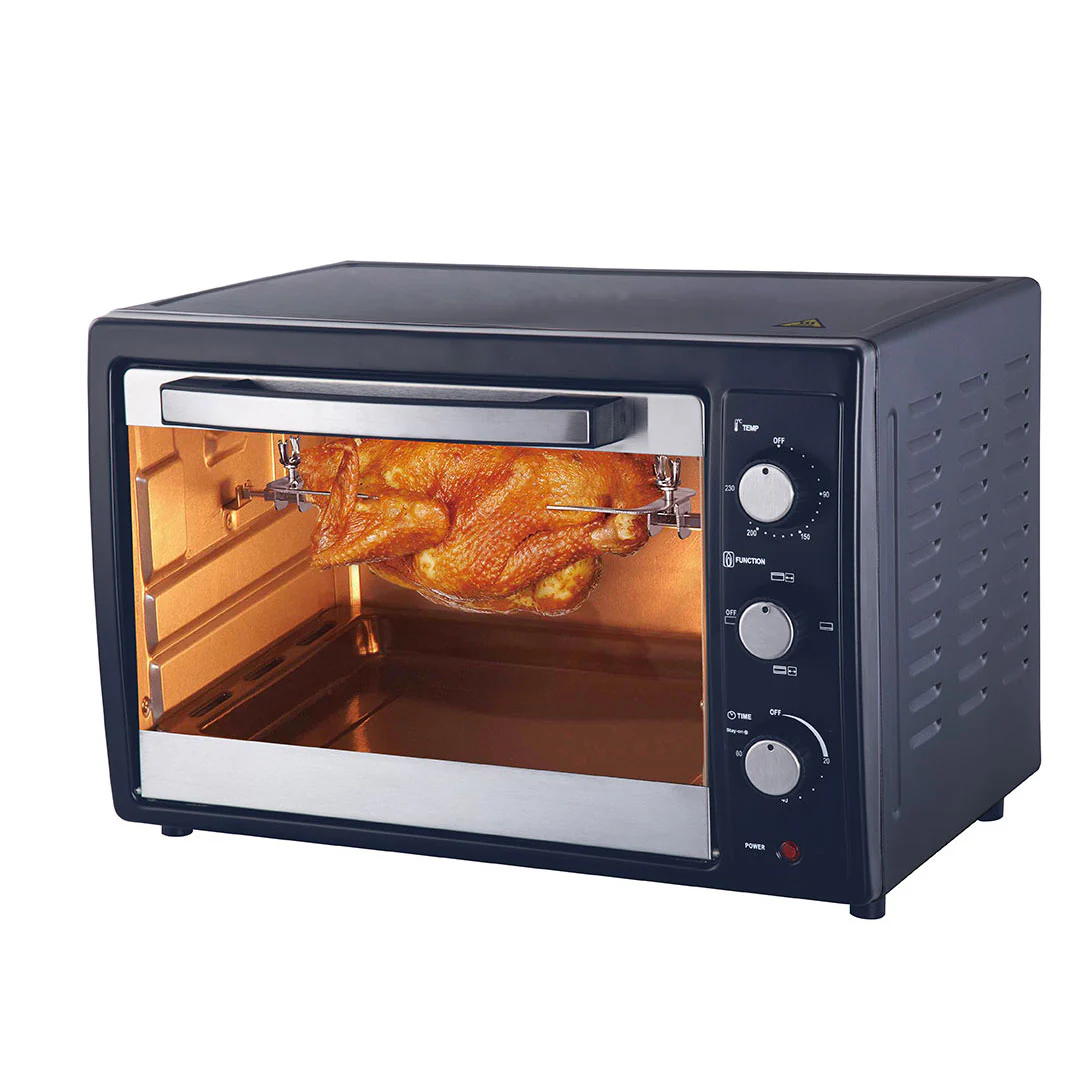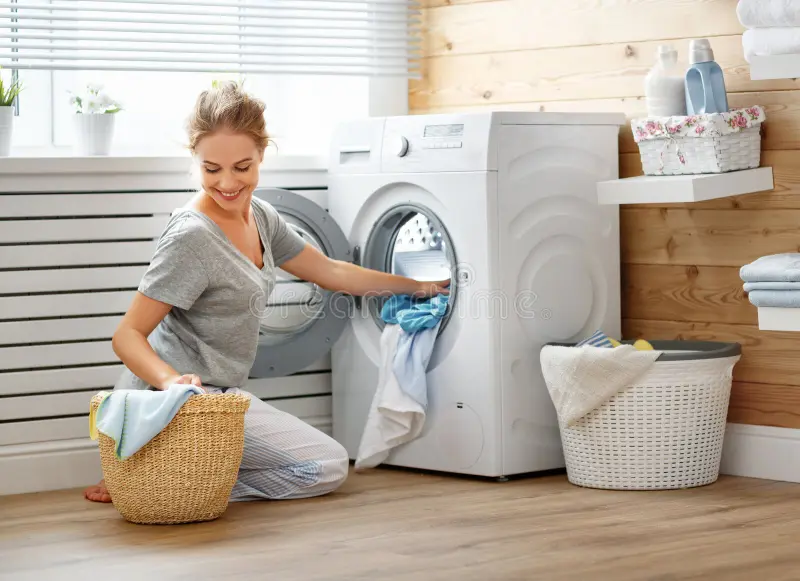In many parts of the world, an AC unit isn’t just a luxury; it’s a necessity for maintaining comfort, productivity, and even health, especially during scorching summers. From residential homes to bustling commercial spaces, air conditioning units play a pivotal role in creating a pleasant indoor environment. But with various types and technologies available, understanding which AC unit is right for you can be overwhelming.
The Importance of a Good AC Unit
Beyond just cooling the air, modern AC units offer a range of benefits:
- Comfort: The primary function, providing relief from heat and humidity.
- Air Quality: Many units come with filters that remove dust, pollen, allergens, and pollutants, improving indoor air quality.
- Humidity Control: ACs dehumidify the air, preventing mold growth and creating a more comfortable atmosphere.
- Productivity: A cool environment enhances focus and productivity, whether at home or in the office.
- Health: Prevents heat-related illnesses and provides relief for individuals with respiratory issues.
Types of AC Units
The world of air conditioning offers diverse solutions to fit different spaces and needs:
- Split AC Units: The most common type for homes, consisting of an indoor unit (evaporator) and an outdoor unit (condenser/compressor). They are quiet, efficient, and great for cooling individual rooms.
- Window AC Units: Compact, self-contained units that fit into a window frame. They are affordable and easy to install, ideal for cooling single rooms or small apartments.
- Portable AC Units: Freestanding units that can be moved from room to room. They are flexible but generally less efficient than split or window units.
- Central Air Conditioning: A system that cools an entire building through a network of ducts. Ideal for larger homes and commercial spaces, offering uniform cooling.
- Inverter AC Units: A type of split AC that uses an inverter compressor to regulate its speed, leading to significantly higher energy efficiency, quieter operation, and more consistent temperature control compared to non-inverter models.
Key Factors to Consider When Buying an AC Unit
Choosing the right AC unit involves considering several factors:
- Cooling Capacity (BTU): Measured in British Thermal Units (BTU), this indicates how much area the unit can cool. Too low, and it won’t cool effectively; too high, and it will cycle on/off frequently, wasting energy.
- Energy Efficiency (EER/SEER): Look for higher EER (Energy Efficiency Ratio) for window/portable units and SEER (Seasonal Energy Efficiency Ratio) for split/central units. Higher ratings mean more energy savings.
- Features: Consider features like remote control, sleep mode, dehumidification mode, air purification filters, smart connectivity, and programmable timers.
- Noise Level: Measured in decibels (dB), especially important for bedrooms and living areas.
- Installation: Some units (like split and central ACs) require professional installation.
Maintenance Tips for Your AC Unit
Regular maintenance is key to prolonging your AC unit’s life and efficiency:
- Clean/Replace Filters: Do this monthly or bi-monthly. Clogged filters reduce airflow and efficiency.
- Clean Coils: Annually clean the evaporator and condenser coils.
- Check Drains: Ensure the condensate drain is not clogged.
- Professional Servicing: Schedule annual professional maintenance to ensure optimal performance and identify potential issues early.
Conclusion
An AC unit is a significant investment in your comfort and well-being. By understanding the different types, key features, and maintenance requirements, you can select the perfect cooling solution that keeps your space comfortable and your energy bills manageable, ensuring a pleasant environment all year round.







88axzm
un1jo0